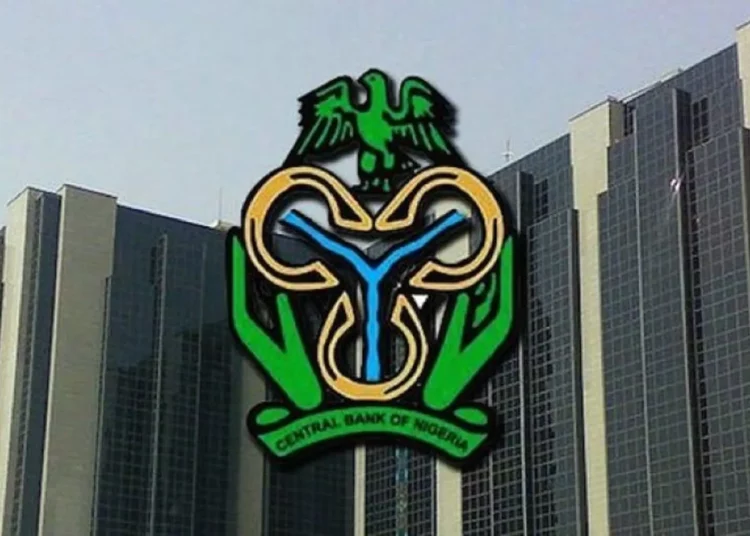Financial market analysts have said the Central Bank of Nigeria (CBN)’s decision to assume control of the Nigerian Fixed Income Market from November 2025 is a bold step towards reinforcing transparency, restoring regulatory clarity, and improving the effectiveness of monetary policy transmission.
In a circular signed by the acting director of the Financial Markets Department, Okey Umeano, the apex bank announced that it would directly supervise the trading platform and settlement of fixed-income transactions, a role previously coordinated by FMDQ.
According to the CBN, the move marks the first phase of a broader reform designed to “strengthen market integrity, streamline operations, and create a unified regulatory framework that guarantees end-to-end oversight of fixed income activities.”This decision, analysts say, will curtail the autonomy of private market platforms such as FMDQ, whose role in sovereign debt trading and settlement has often drawn scrutiny over transparency and price discovery practices.
According to the head of Consulting at Agusto Consulting Limited, Jimi Ogbobine, the latest move of the CBN is a ‘pivotal moment’ for Nigeria’s debt market, saying that with the new policy by the CBN, FMDQ will now have to concentrate fully on non-sovereign debt instruments.
“This could be transformative for the Nigerian debt landscape, as it may push FMDQ to drive the growth of other market segments such as green bonds, sub-national bonds, and commercial papers. It also opens the door for more innovation in corporate bond listings, including those from other African companies’l he stated.
A senior dealer at one of the Tier-1 banks, who spoke anonymously, said the reform was long overdue, given the CBN’s statutory mandate to maintain monetary and financial stability. “This transition will definitely alter the operating landscape for FMDQ.
“The CBN’s jurisdiction rightly extends to money market instruments such as Treasury Bills, FX derivatives, and commercial papers. FMDQ still retains operational scope in corporate and sub-national debt under SEC oversight, but in sovereign instruments, regulatory clarity has always been inevitable,” the dealer observed.
Another market participant pointed out that the handling of naira forwards in recent years had exposed structural weaknesses that warranted closer oversight by the central bank.
To him, “What we see now is the CBN correcting long-standing structural misalignments. Before the shift towards greater autonomy under FMDQ, the FMDA worked closely with the CBN. That collaboration had ensured stronger coordination and market discipline, something this reform is now seeking to restore.”





